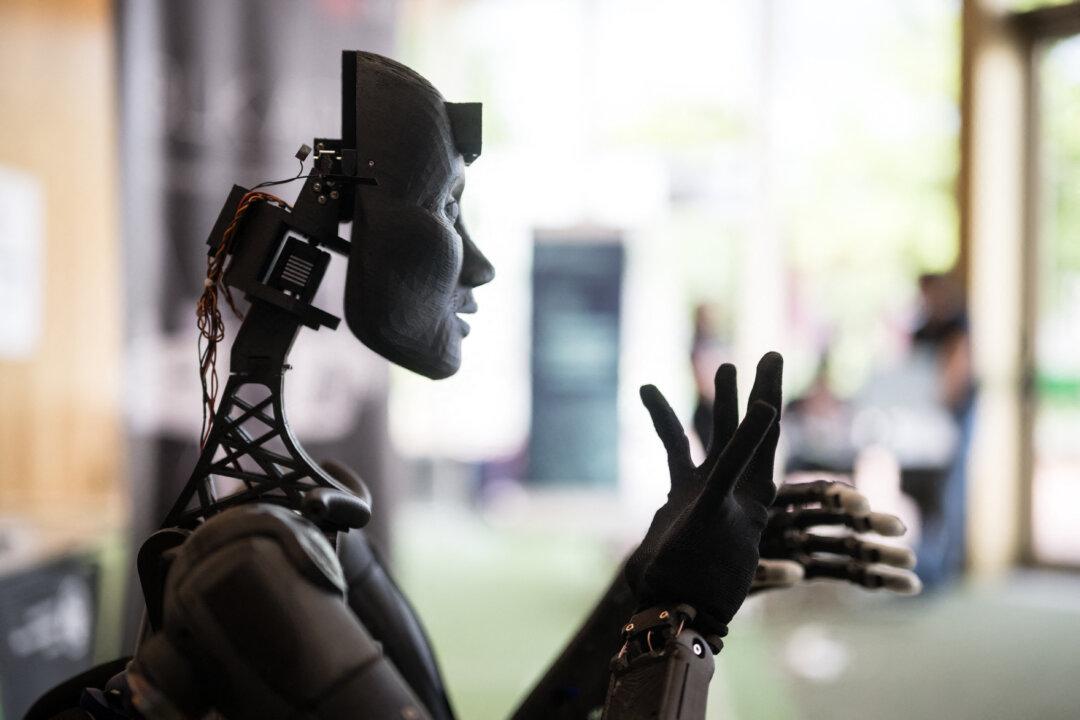In 2022, voice actor Cooper Mortlock was hired to work on an animated series.
At first, everything went well: the job was stable, and the employer was friendly and paid on time.

In 2022, voice actor Cooper Mortlock was hired to work on an animated series.
At first, everything went well: the job was stable, and the employer was friendly and paid on time.